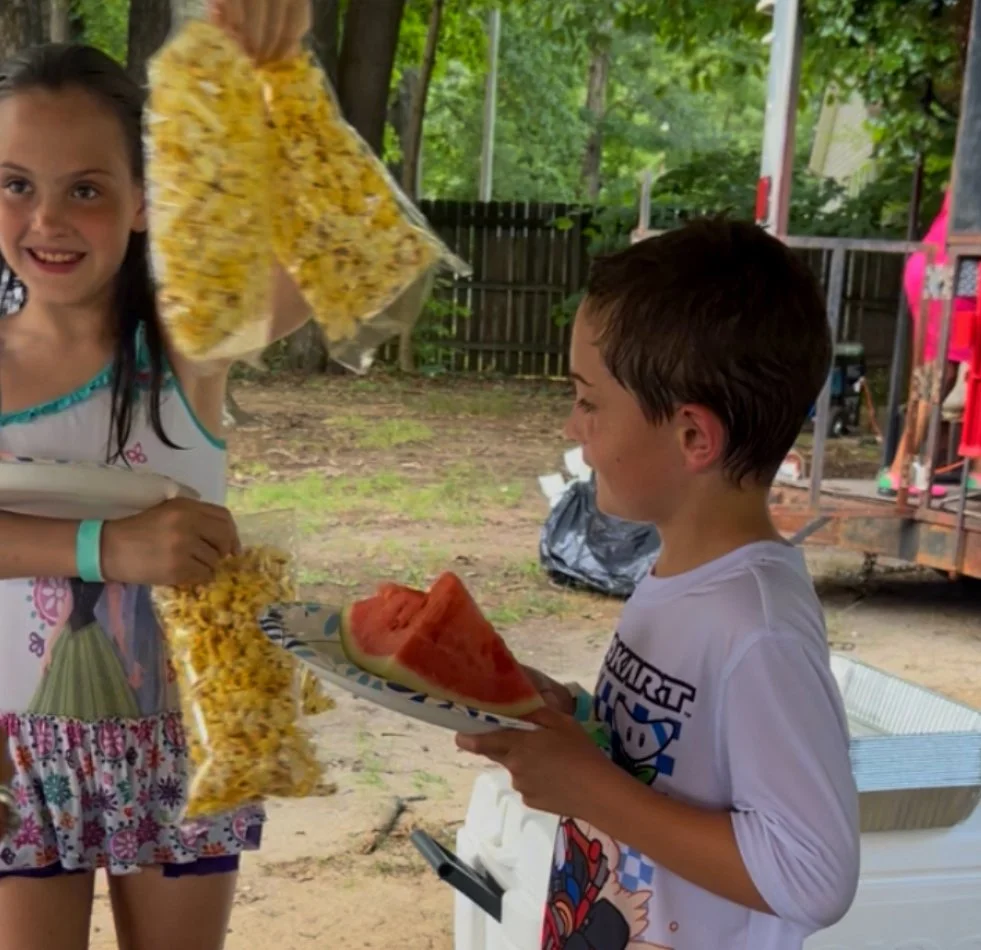
What We Do
Prioritize Mental Health
In North Carolina, 1 in 5 adolescents has seriously considered attempting suicide, while 1 in 10 has made a suicide attempt. In addition, more than 1 in 10 children aged 3-17 has a diagnosis of anxiety or depression.*
Barriers such as cost & access disproportionately impact:
Low-income
Minorities
Rural communities
Children with special health care needs
Anderson Outreach exists to ensure that these youth have hope, advocates, and the necessary tools they need to thrive.
*North Carolina Medical Journal. 2023;84(5). doi:10.18043/001c.87524Impactful Programs
Opportunities that empower youth:
Motivation & Mentorship
Confidence Boosters for Life & Social Skills
Financial Literacy Workshops
Educational/Job Skills/Certifications
Grief & Anger Management Therapy
Assistance for the Unhoused
Who We Help
Anderson Outreach helps equity-impacted youth in and out of government care, currently residing in North Carolina. We support young adults who have been scarred by emotional, environmental, and psychological traumas. We advocate for youth in need and those who have experienced abandonment and neglect.
If you or someone you know is in need of assistance, don’t hesitate to contact us today! Our team will connect you with the help you need.
Email: info@andersonoutreach.org
Phone: 704-773-8955
Why We Help
To Reduce Food Insecurities in our Community:
44.2 million people lived in food-insecure households
11.7 million adults lived in households with very low food security
7.3 million children lived in food-insecure households in which children, along with adults, were food insecure
783,000 children (1.1 percent of the Nation's children) lived in households in which one or more child experienced very low food security*
Action Needed:
Access to healthy meals
Workshops on making healthy choices
Connection to the appropriate resources
*Source: USDA, Economic Research Service using data from U.S. Department of Commerce, Bureau of the Census, 2022 Current Population Survey Food Security Supplement.




